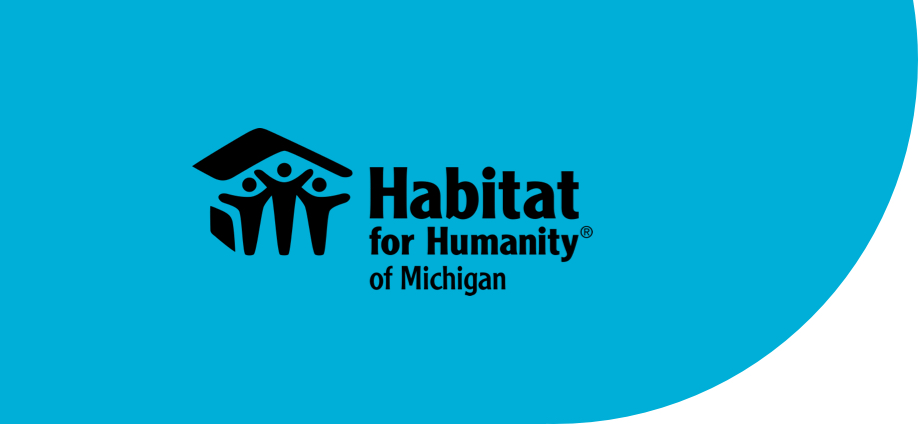Financial Literacy: Empowering Futures
As April marks Financial Literacy Month, it’s an opportune time to delve into the importance of understanding financial concepts and the impact of financial literacy on our lives. Financial literacy encompasses a broad spectrum of knowledge and skills, ranging from budgeting and saving to navigating complex financial decisions like homeownership. Yet, it’s often overlooked in traditional education systems and can profoundly affect individuals and families across generations.
The Meaning of Financial Literacy
Financial literacy is not just about balancing a checkbook; it’s about equipping oneself with the necessary skills to make informed and effective financial decisions. For some, it involves setting financial goals, creating budgets, and planning for the future. Others may see it as understanding the nuances of loans, mortgages, and investments. Ultimately, financial literacy empowers individuals to manage their finances confidently and responsibly.
The Impact of Financial Literacy
The consequences of lacking financial literacy can be far-reaching. Without adequate knowledge, individuals may fall prey to predatory lending practices, accumulate high-interest debt, or struggle to secure stable housing. This knowledge gap perpetuates cycles of poverty and housing insecurity, affecting entire families and communities.
Habitat for Humanity of Michigan, a HUD-certified financial counseling agency, is working to address these challenges for Michiganders. Habitat Michigan offers comprehensive services including homebuyer education, counseling on financial management, budgeting, and avoidance of predatory lending. These services empower individuals with the tools needed to make informed decisions about homeownership and financial stability.
Access to Financial Education
Many people never receive formal education on personal finance, leaving them vulnerable to financial pitfalls. However, organizations like Habitat for Humanity of Michigan and others listed by the Michigan State Housing Development Authority (MSHDA) offer accessible financial education and counseling. Through group classes and individual sessions, these resources bridge the gap by providing practical knowledge and guidance.
Building a Foundation for Financial Success
Financial literacy is not just a skill; it’s a cornerstone of personal and community prosperity. By investing in financial education, individuals gain confidence in managing their money effectively. Here are key areas where financial literacy can make a significant impact:
- Budgeting and Financial Planning: Understanding how to create and stick to a budget is fundamental to financial stability. It allows individuals to allocate resources wisely, save for emergencies, and plan for future goals.
- Homeownership Education: Buying a home is a major financial decision. Education on mortgages, down payments, and avoiding predatory lending ensures that individuals enter homeownership confidently and sustainably.
- Debt Management: Knowing how to responsibly manage debt can prevent financial crises and improve credit scores. This knowledge is essential for navigating the complexities of loans and credit cards.
- Investment and Retirement Planning: Building wealth requires knowledge of investment options and retirement planning. Financial literacy empowers individuals to make informed decisions about growing their assets and securing their future.
Empowering Change
Financial literacy is a transformative tool that can break cycles of poverty and empower individuals to build brighter futures. By advocating for accessible financial education and counseling services, we can equip people with the skills needed to navigate today’s financial landscape confidently.
As Financial Literacy Month unfolds, let’s celebrate the strides made in educating and empowering individuals with financial knowledge. Through collective efforts and support from organizations like Habitat for Humanity of Michigan and MSHDA-certified agencies, we can create a more financially literate society where everyone has the opportunity to thrive.
Remember, financial literacy is not just about numbers; it’s about empowering individuals to take control of their financial destinies and pave the way for a more secure and prosperous future.


